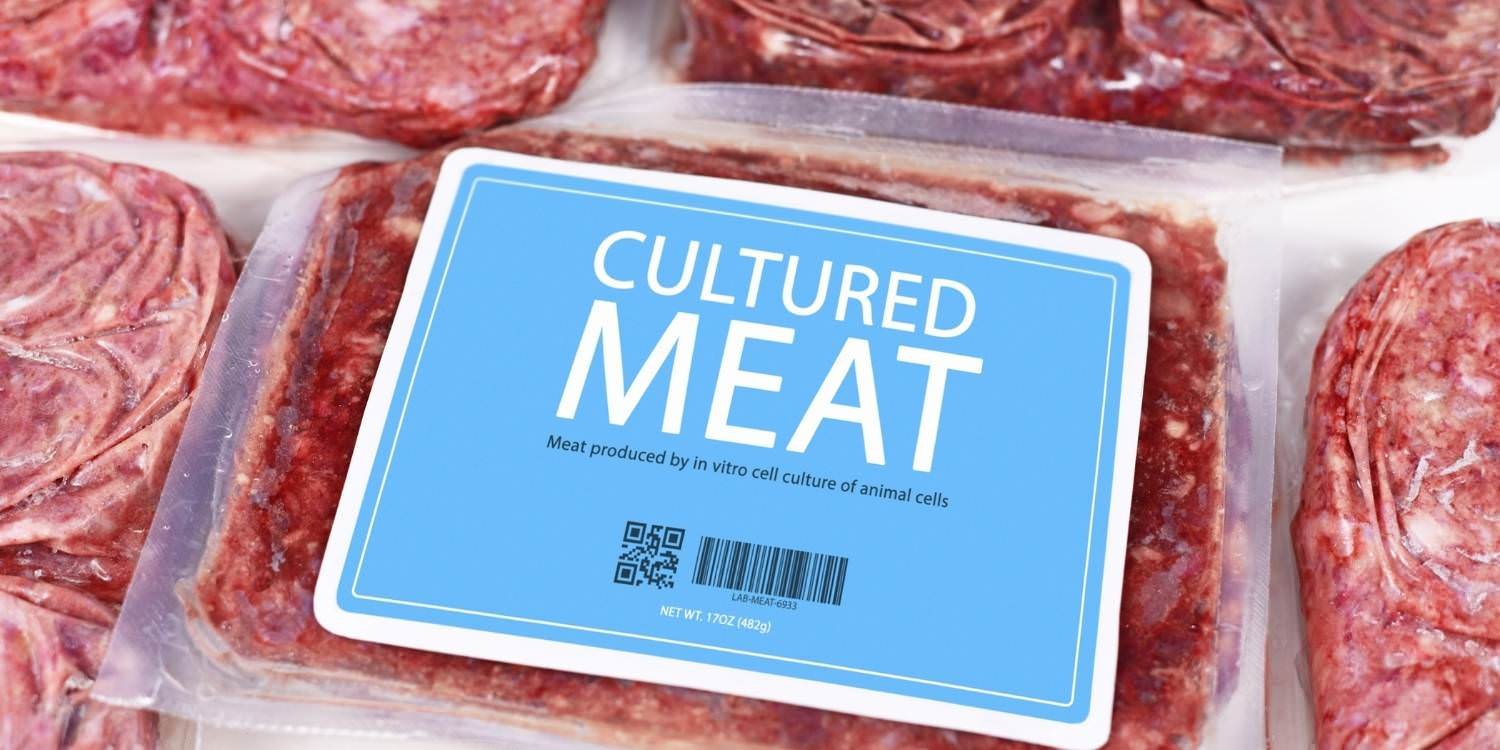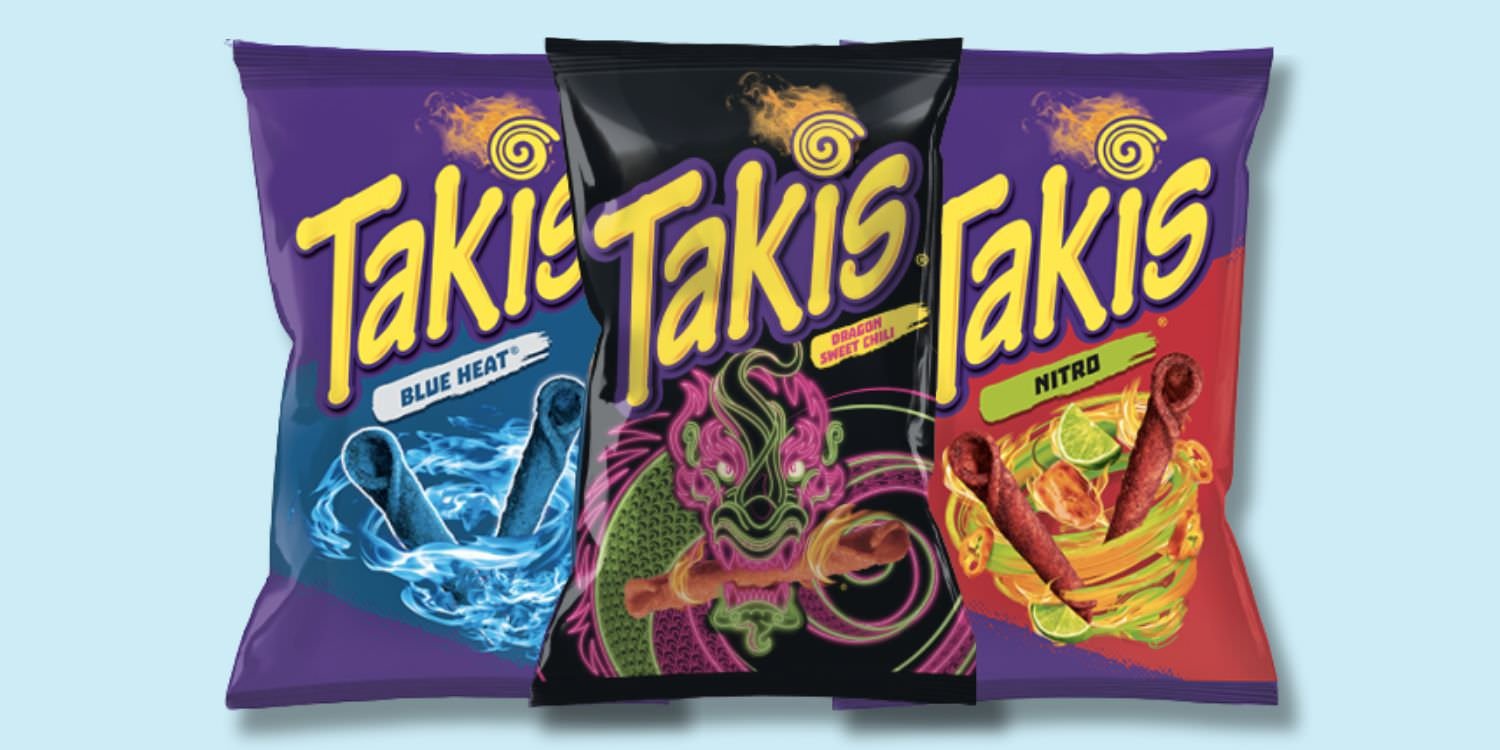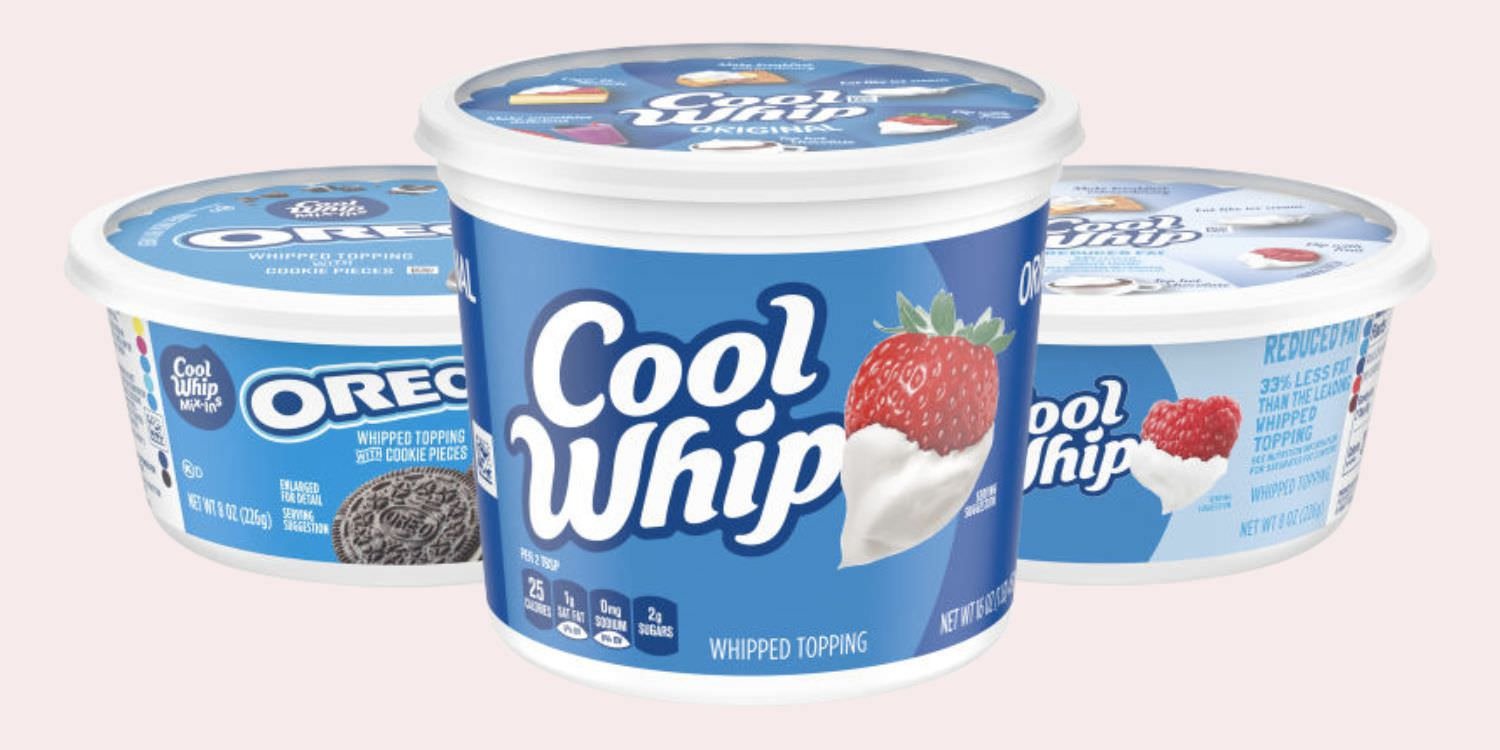What Is Cell Cultured Meat?
Essentially, cell cultured meat is actual meat, grown in a lab. Stem cells are harvested from a live animal, then cultured in a growth medium until they form actual muscle and fat. Biologically, the finished product is identical to meat, and in some cases, no animal suffering or slaughter is required.
The process is surprisingly straightforward. First, cells are harvested from a live animal — typically, through a tissue biopsy. Then, the cells are placed in a controlled environment, and fed a nutrient-rich cell culture medium, which helps them grow. This is the most complex and problematic part of the entire process, since the composition of this medium will sometimes depend on the specific cell line at hand. Finally, once the cells have grown into a decent portion of meat in a bioreactor, they are ready to be harvested.
If you’re asking from a vegan perspective, there are a few factors you’ll want to take into consideration. Although it’s true that today no slaughter is necessary to grow cell cultured meat, this was not always the case.
The development of lab-grown meat has required the death of many animals, particularly when scientists still depended entirely on fetal bovine serum (FBS) as a growth medium. In order to harvest this substance, scientists require the blood of a cow fetus. This means a pregnant cow is slaughtered, and the three-month-old fetus, quickly removed from the womb. The fetus will then be bled to death for up to 35 minutes through a cardiac puncture. All of this suffering results in a $1,000+ liter of cell culture-grade FBS.
Although this procedure is no longer necessary, some labs continue to use the serum for their lab-grown meat. Meanwhile, vegan cell cultured meat brands like Hampton Creek opt for a plant-based growth medium. In the case of vegan-friendly companies, the animals from which the initial stem cells are harvested go on to live full, safe lives at a sanctuary or home.
Should Vegans Eat Cell Cultured Meat?
We hope the points mentioned above will help you decide whether to consume cell cultured as a vegan or not, but would like to list a few other considerations before reaching our own conclusion. Firstly, veganism entails reducing animal suffering in all ways possible and practicable. This means, the vegan philosophy revolves around ethics — and mainly, around animals. So, if no animal suffering is involved, cell cultured meat can be considered vegan or cruelty-free.
However, over the years, the idea of veganism has greatly shifted. Many go ‘vegan’ for their health or for the environment; two very valid reasons to avoid animal products. If you are avoiding animal products for these reasons, the question becomes much more complex. For instance, although lab-grown meat can be carefully engineered to contain less fat, we don’t yet have enough evidence to prove that this type of meat is not harmful to human health. After all, animal protein has been associated with chronic diseases like heart disease, cancer, and type 2 diabetes.
Additionally, depending on the cell growth process adopted by each company, the environmental impact may vary. Until we have enough studies available to demonstrate that the production of lab-grown meat is more environmentally sound than that of regular meat, we cannot make any conclusions about this point, either.
That said, cultured meat could be considered a kinder option for those looking to reduce their animal intake for ethical reasons. That is, if they’re still comfortable consuming muscle tissue. Simply keep in mind that not all cell cultured meat is cruelty-free. This means looking into the production process behind the lab-grown meat you may like to consume.
We hope we were able to put things into perspective and help you understand the ethics behind cell cultured meat. Do you think this type of meat can (in some cases) be considered totally vegan? Share your thoughts below!
Sources for this article:





